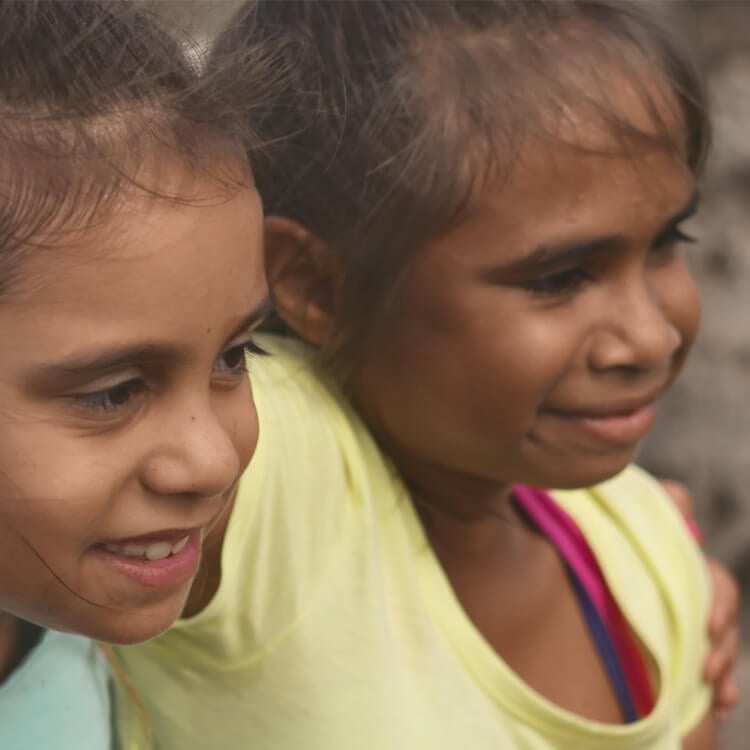Search
Thank you to our Sponsors Contact us If you'd like to get in touch, please contact Marie Nadal-Sims by phone or email. Phone: (08) 6319 1001 Email:
Contact us If you'd like to get in touch, please contact us by phone or email. Phone: 0400 450 240 Email: vtg@thekids.org.au Meningococcus (Neisseria
The Wesfarmers Centre is pleased to announce the successful applications for the 2017 Round 2 Wesfarmers Centre Seed Funding. The Wesfarmers Centre
Eight applicants were successful, and were awarded $15,000 each for activities supporting subsequent research grant applications.
In 2014, the Wesfarmers Centre of Vaccines & Infectious Diseases put out a first call for seed funding proposals.

National Healthy Skin Guideline: for the Prevention, Treatment and Public Health Control of Impetigo, Scabies, Crusted Scabies and Tinea for Indigenous Populations and Communities in Australia

Preventing over half of the world’s ear infections with a therapy such as Spritz-OM will significantly improve health and educational outcomes on a global scale.
Research
Prevalence of group A Streptococcal infection in Africa to inform GAS vaccines for rheumatic heart disease: A systematic review and meta-analysisThe prevalence of group A streptococcal disease remains high among symptomatic individuals residing in Africa
Research
Machine Learning-Based DNA Methylation Score for Fetal Exposure to Maternal SmokingFetal exposure to maternal smoking during pregnancy is associated with the development of noncommunicable diseases in the offspring. Maternal smoking may induce such long-term effects through persistent changes in the DNA methylome, which therefore hold the potential to be used as a biomarker of this early life exposure. With declining costs for measuring DNA methylation, we aimed to develop a DNA methylation score that can be used on adolescent DNA methylation data and thereby generate a score for in utero cigarette smoke exposure.
Research
Harmful drinking is associated with mental health conditions and other risk behaviours in Australian young peopleAlcohol use can have adverse health effects among children and adolescents
